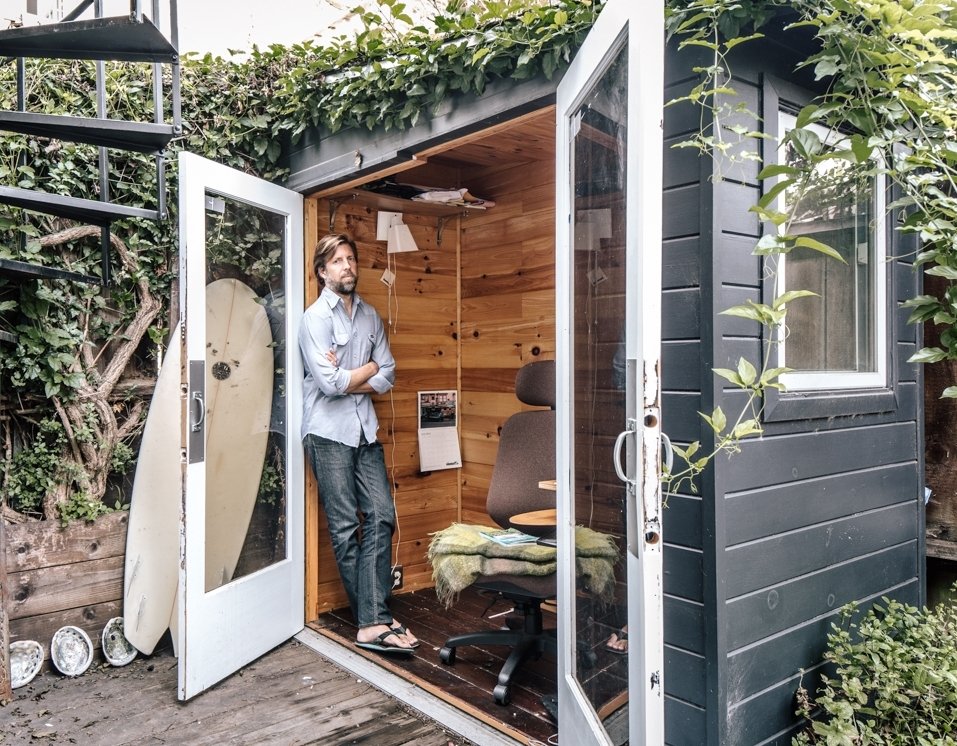Hello.
I’m an author and journalist who has written for Scientific American, Outside Magazine, BBC, The New York Times, The Atlantic, National Public Radio, The San Francisco Chronicle, Surfer's Journal, and more.
I’ve spent the last several years working on a book called Breath: The New Science of a Lost Art. It released through Riverhead/Penguin Random House and spent 20 weeks on the New York Times bestseller list and has sold more than three million copies worldwide to date. Breath was an instant Wall Street Journal, Los Angeles Times, Sunday London Times Top 10 bestseller and hit the lists in Spain, Germany, Croatia, and Italy along the way.
Stay connected with the latest from James
Breath was awarded the prize for Best General Nonfiction Book of 2020 by the American Society of Journalists and Authors and was a Finalist for the Royal Society Best Science Book of 2020. Breath was translated into 44 languages, including Mongolian.
The tome explores the million-year-long history of how the human species has lost the ability to breathe properly and why we’re suffering from a laundry list of maladies—snoring, sleep apnea, asthma, autoimmune disease, allergies—because of it. I ended up traveling the world in an attempt to figure out what went wrong and how to fix it. The answers, I discovered, weren’t found in pulmonology labs but in the muddy digs of ancient burial sites, secret Soviet facilities, New Jersey choir schools, and the smoggy streets of Sao Paulo. Drawing on thousands of years of medical texts and recent cutting-edge studies in pulmonology, psychology, biochemistry, and human physiology, Breath turns the conventional wisdom of what we thought we knew about our most basic biological function on its head.
My first narrative nonfiction book, DEEP: Freediving, Renegade Science, and What The Ocean Tells Us about Ourselves (Houghton Mifflin Harcourt) was released in the United States and UK in June 2014. DEEP was a BBC Book of the Week, a Finalist for the PEN American Center Best Sports Book of the Year, an Amazon Best Science Book of 2014, BuzzFeed 19 Best Nonfiction Books of 2014, ArtForum Top 10 Book of 2014, New York Times Book Review Editor’s Choice, Scientific American Recommended Read, Christian Science Monitor Editor’s Pick, and more. The book follows clans of extreme athletes, adventurers, and scientists as they plumb the limits of the ocean's depths and uncover weird and wondrous new discoveries that, in many cases, redefine our understanding of the ocean and ourselves. DEEP has been translated into French, German, Chinese, Italian, Polish, Portuguese, and more.
I’ve been lucky enough to be invited to speak at Stanford Medical School, Harvard Medical School, Yale School of Medicine, the United Nations, UBS, Global Classroom (World Health Organization+UNICEF), as well as more than 60 radio and television shows, including Fresh Air with Terry Gross, the Joe Rogan Show, Diary of a CEO, BulletProof, ABC’s Nightline, CBS Morning News, and dozens of NPR programs.
On April 16, 2016, The New York Times and Sundance Institute debuted “The Click Effect,” a Virtual Reality short documentary I wrote and co-created. The film, produced by Annapurna Pictures with support from The John D. and Catherine T. MacArthur Foundation, was based on a chapter in DEEP. “The Click Effect" became one of the most viewed VR films to date, with over one million views. In September 2017, "The Click Effect" was nominated for an Emmy Award for Best VR Experience.
In 2017, I began working with National Geographic Explorer and marine scientist, David Gruber, to research and try to understand cetacean communication. Project CETI (Cetacean Translation Initiative) was launched years later. It’s a nonprofit research group that develops and employs technologies such as machine learning and Artificial Intelligence in the hopes of one day cracking interspecies communication. Project CETI was accepted as a TED Audacious Project in June 2020.
When I was younger, and stupider, I wrote a little coffee table book culled from notes on meditation and other ancient/hippy practices discovered in the crawlspace of my uncle’s retro-mod bachelor pad in the Hollywood Hills. (The book combined medical science with humor and illustrations and was given a horrid and misleading title by my editor, which I soon after—and still—very much regret.) Around 2009, I joined a doomed surfing expedition to Norway and Russia for Outside magazine in which I teamed up with a cadre of kooks to ride some mysto breaks in the Arctic Circle. I lived for a short time with ni-Vanuatu yam farmers who worship the US Army.
For a decade I ran my 1978 Mercedes-Benz 300D on used cooking oil and for a short while zipped around town (correction: broke down all over town) in a Sebring-Vanguard CitiCar, the first-ever American-made production electric vehicle, which barely ever worked and was later offloaded on some dude with purple suspenders in Eugene, Oregon.
